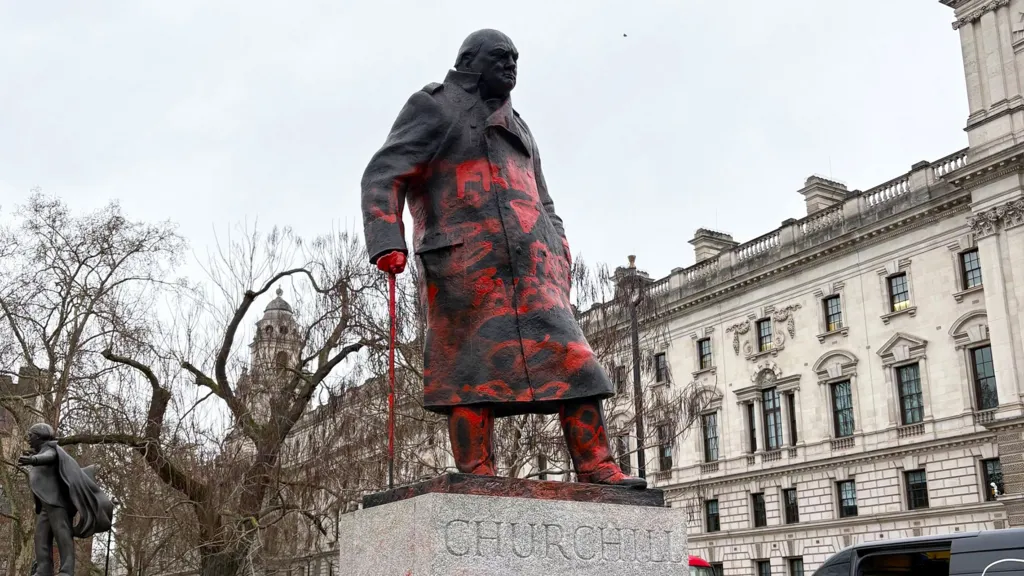Matthew Perry’s Death and the Dark Reality of Ketamine Abuse

Matthew Perry’s tragic death has cast a harsh light on the dark reality of ketamine abuse within the celebrity world. Known for his iconic role as Chandler Bing in Friends, Perry’s battle with addiction was no secret, but the circumstances surrounding his passing, which linked directly to ketamine abuse, have raised alarm bells about the misuse of this powerful drug. As the investigation unfolds, it becomes clear that Perry’s story is not an isolated case but part of a broader issue affecting both Hollywood and beyond.
On a sunny October day in 2023, Matthew Perry, who had charmed millions as Chandler Bing, was found lifeless in his jacuzzi overlooking the Santa Monica Mountains. His death, as court documents reveal, was caused by a lethal dose of ketamine—a drug initially used as an anaesthetic but increasingly popular for its off-label use in treating depression and anxiety. This prescription, however, spiralled into a tragic addiction for Perry, ultimately leading to his death.
A Closer Look at Ketamine’s Dark Side
Ketamine’s rise from a controlled substance used in medical settings to a popular “therapy” drug has been alarming. While its potential to treat certain mental health conditions is recognised, its misuse—especially in the celebrity circuit—has raised serious concerns. Experts from across the pond have drawn parallels between Perry’s case and the beginnings of the opioid crisis that swept through America, leading to devastating consequences.
In the UK, we are not immune to such trends. The increasing normalisation of drug use among celebrities, who often have easy access to prescription medications, poses a significant risk. The tragic story of Perry’s last months—where he moved from a controlled clinical setting to the hands of unscrupulous dealers and physicians—serves as a cautionary tale.
The VIP Treatment: Perks and Pitfalls
Hollywood’s “yes men” culture—where celebrities are rarely denied their requests—was a key factor in Perry’s downward spiral. This toxic environment is not just an American issue; it reflects a global problem where wealth and fame can sometimes cloud medical judgement. As one Los Angeles doctor candidly noted, “The VIP treatment is usually not the best treatment.” In Perry’s case, this resulted in a tragic loss of life.
For British audiences, this raises important questions about the boundaries that should exist between medical professionals and their high-profile patients. The risks are compounded when these celebrities, accustomed to getting what they want, turn to substances like ketamine, believing them to be safer alternatives to other, more dangerous drugs.
The Key Players Involved
The investigation into Matthew Perry’s death uncovered a troubling network of individuals involved in the ketamine abuse that ultimately claimed his life:
- Kenneth Iwamasa: Perry’s live-in personal assistant, who pleaded guilty to conspiracy to distribute ketamine causing death. He admitted to helping Perry find ketamine and injecting him with the drug multiple times, including the dose that led to Perry’s death.
- Dr Salvador Plasencia: A physician accused of supplying Perry with large quantities of ketamine. He allegedly injected Perry on several occasions and taught Iwamasa how to administer the drug. Dr. Plasencia has pleaded not guilty to all charges related to Perry’s death.
- Dr Mark Chavez: Another physician who pleaded guilty to conspiracy to distribute ketamine. He admitted to selling ketamine to Dr. Plasencia, including drugs diverted from a ketamine clinic.
- Jasveen Sangha: Known as “The Ketamine Queen,” she is accused of being a street dealer who supplied the ketamine that ultimately killed Perry. Authorities described her operation as a “drug-selling emporium,” and she has pleaded not guilty to charges including conspiracy to distribute ketamine and distribution of ketamine resulting in death.
- Eric Fleming: A middleman who reportedly sourced drugs from Sangha and distributed them to Perry and Iwamasa. He pleaded guilty to conspiracy to distribute ketamine and to distribution of ketamine resulting in death.
These individuals were part of a broader underground network that provided ketamine to Perry, ultimately leading to his tragic death.
A Prescription Epidemic in the Making?
The story of Matthew Perry also highlights the growing availability of drugs like ketamine through online clinics and telehealth services. This “wild west” of drug distribution, where regulations are often murky and the risks are high, is not just an American phenomenon. In the UK, the rise of such services has made it easier for individuals to access potentially dangerous medications without proper oversight.
As the UK grapples with its own drug-related challenges, Perry’s death serves as a stark reminder of the potential dangers of off-label drug use and the need for stricter regulations to prevent similar tragedies from occurring here.
Matthew Perry’s death is a sad reminder of the perils of addiction and the complex relationship between celebrities and the medical community. As this story continues to unfold, it’s clear that the issues it raises are not confined to Hollywood but resonate globally.
For more information on the effects and risks associated with ketamine abuse, you can visit the NHS Drug help website, which offers comprehensive resources on substance abuse and mental health.








